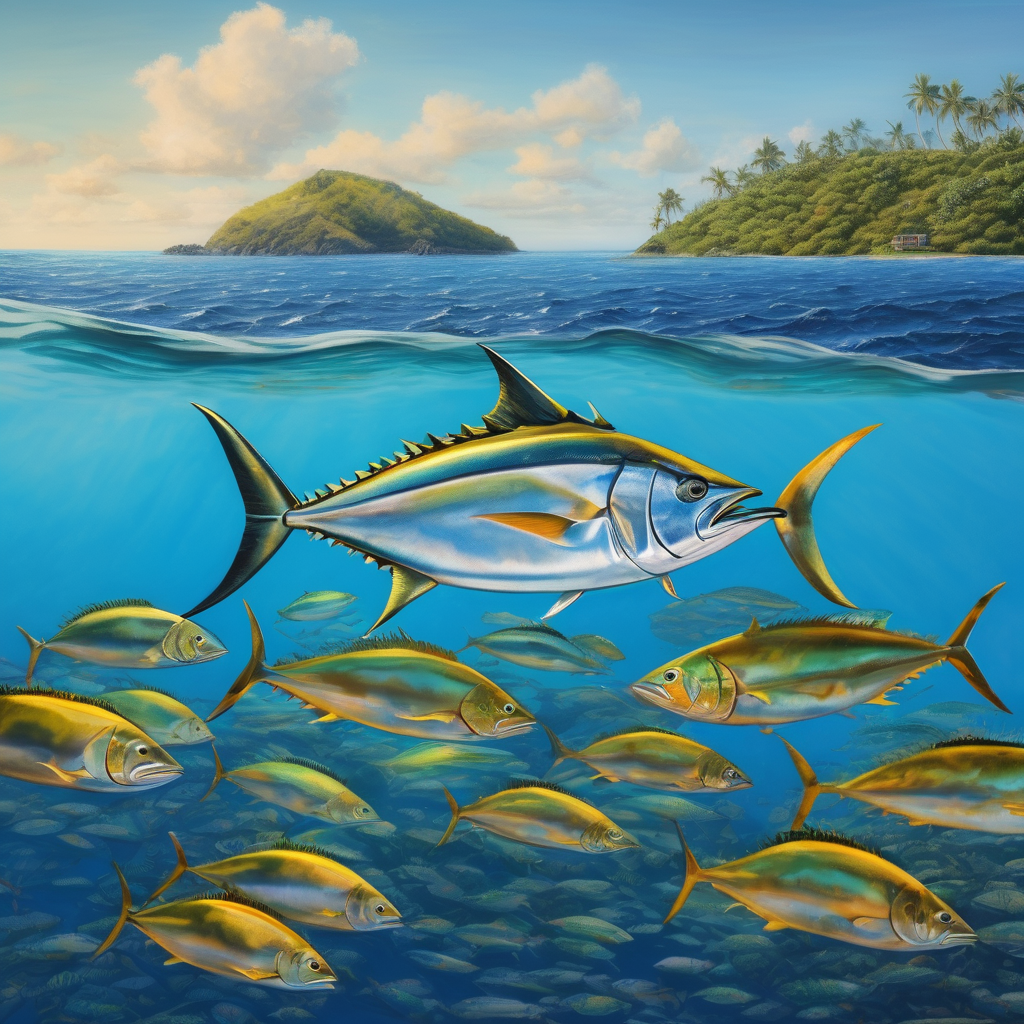Fiji is reaffirming its commitment to sustainable ocean management and the protection of marine ecosystems, taking the lead in regional tuna conservation efforts. In a parliamentary address this week, Fisheries Minister Alitia Bainivalu highlighted that the Western and Central Pacific Ocean, accounting for nearly 60 percent of the world’s tuna harvest, is among the best-managed fisheries worldwide.
Minister Bainivalu assured that the status of shared tuna stocks in the region remains healthy, avoiding overfishing issues. She attributes this positive status to rigorous scientific monitoring and regional cooperation. Fiji has long been dedicated to responsible fishing practices, implementing national quota caps, establishing closed fishing areas, and safeguarding endangered marine species, including sharks and turtles.
This commitment was further exemplified at the recent 9th Pacific Tuna Forum, where Bainivalu emphasized Fiji’s global leadership in promoting sustainable fisheries and ocean conservation through partnerships with organizations like the Pacific Islands Forum Fisheries Agency, SPC, and InfoFish.
Fiji has made substantial progress in its fisheries sector, evident in landmark agreements aimed at managing South Pacific albacore tuna sustainably. A recent agreement reached after nearly two decades of negotiations introduces a proportional allocation system to replace old competitive approaches, ensuring that tuna stocks are managed responsibly. This shift is expected to support economic viability for coastal communities, particularly as Fiji targets high-value markets for fresh and chilled tuna.
Moreover, a budget allocation of $24.9 million will enhance Fiji’s fisheries sector through operational improvements, focusing on monitoring, surveillance, and increasing cold storage capabilities, critical for maintaining competitiveness and sustainability.
With ongoing efforts and regional collaboration, Fiji’s proactive stance on fisheries management reflects a hopeful vision for its fishing communities and local economies, signifying a commitment to preserving both marine ecosystems and the livelihoods that depend on them. As it addresses challenges like climate change and illegal fishing, Fiji’s leadership in sustainable practices continues to provide a positive outlook for the future of its fisheries.
